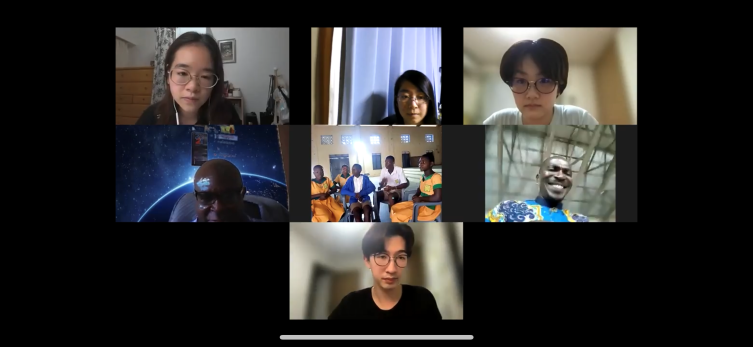International SL Testimonials 2021
| Year: 2018 | 2019 | 2020(cancelled) | 2021 | 2022 | 2023 | 2024 | 2025 |
Lady Doak College, India
The first two weeks of our program consisted of lectures by professors in specialized fields and discussions with LDC students, while the second two weeks were spent online visiting local elementary schools and giving lectures on human rights and gender equality.
When we were making the slides for the lecture on gender, the LDC students suggested that we include a discussion on curfew. The girls told us, "I have to be home by 8:00 p.m.," "In my area it is 6:00 p.m.," "I am not allowed to go out unless I am with someone at all times. I am not considered an independent person." I was shocked and was particularly impressed by the voices that were raised. It was heartbreaking to think that women of my generation, whom I had been talking about human rights and gender equality with, were facing such a reality, and I felt helpless that I could not do anything for them that night. But afterwards, I realized that my speaking to the children about gender equality could be the germ of a possible change in the situation they were suffering from. On the last day, a student from LDC said, "Teaching children about human rights and gender equality has been one of my dreams. In India, this is rarely done. It's really a dream come true. I was really happy to hear that from the bottom of my heart.
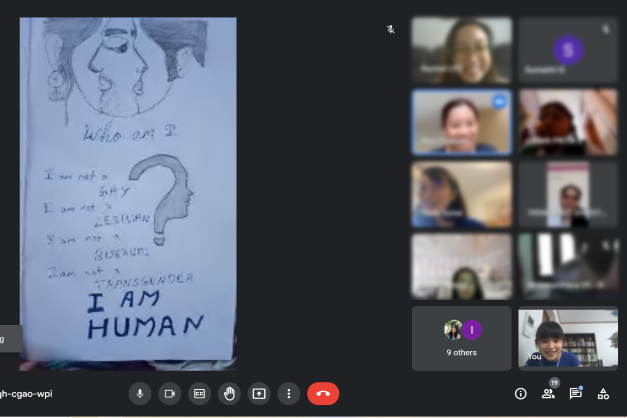
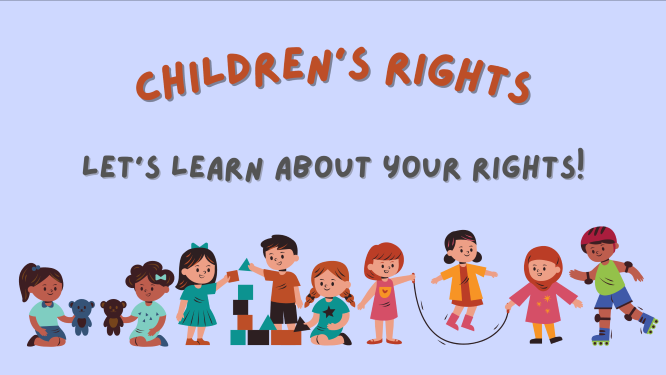
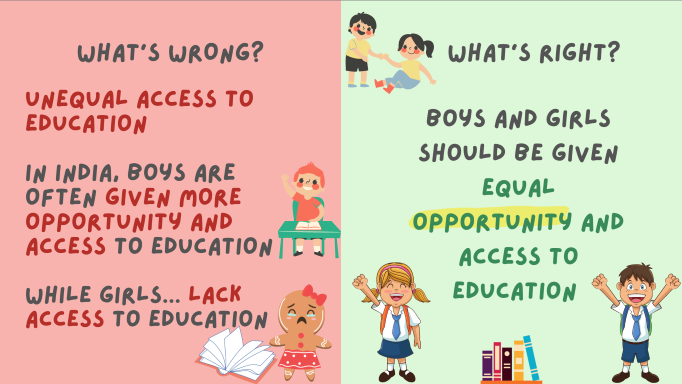
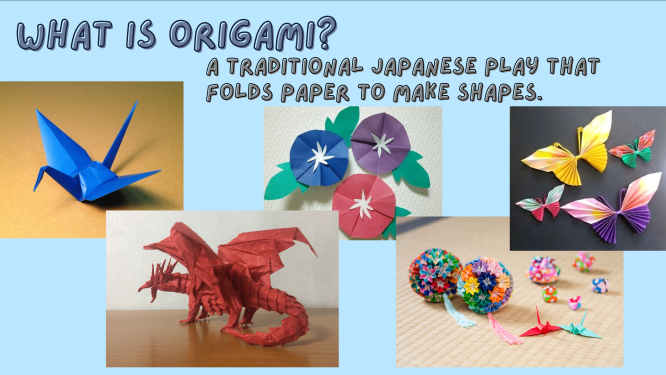
Union Christian College, India
In spite of the difficult situation of being online, I really appreciated the fact that there were many live sessions instead of lecture style. Although I was not able to visit them in person, it was a valuable experience for me to learn about their customs through live interaction, and to be exposed to various fields such as women's advancement, education, and biodiversity.
I was impressed by the exchange with Kudumbashree (an institution for the advancement of women), where we were able to connect online and explain how to make Japanese sweets while they made them at the same time. Another memorable experience was the exchange with UCC students, where we introduced each other's culture and lifestyle.
What one feels and gains through SL activities depends on the individual, but I believe that interacting with people who live in a different environment provides an opportunity to reevaluate oneself and the environment around one. I also think that through discussions and planning opportunities, you can develop proactivity and creativity. When you hear the term "service-learning," you may inevitably feel like you’re expected to help or be helpful. However, I think it is important to think "together" with the local people and to exchange opinions from different perspectives.
Silliman University, Philippines
The lectures were very informative as I was able to learn about the history, current situation and culture of the Philippines. I also enjoyed the time I spent interacting with the children and learned a lot from them.
The children were very cheerful, smiling and friendly, and their energy and positive attitude was impressive. I was impressed by the warm and hospitable nature of the Filipino people, the fact that the children said "I'll be waiting for you in the Philippines, so please come back" at the end of the service activity, and the fact that they thanked me and cried. I got to know the students of Silliman University very well and made many memories with them.
I am really glad that I participated in the service-learning program. You may feel that you can't do anything or that you can't be of any help, but I think it's better to take action. Of course, it is important to do your research, try to understand the people you are meeting, and be willing to participate in the activities. As I interacted and engaged with the local people, I learned a lot about the world, values, and important things that I had never known before. I hope that everyone will take this opportunity to break out of their shells and take on the challenge.
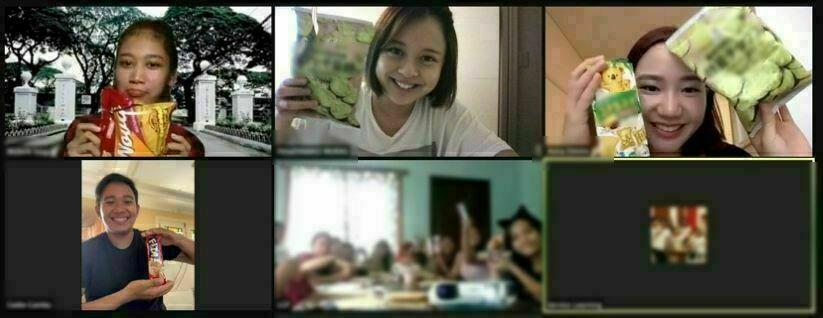
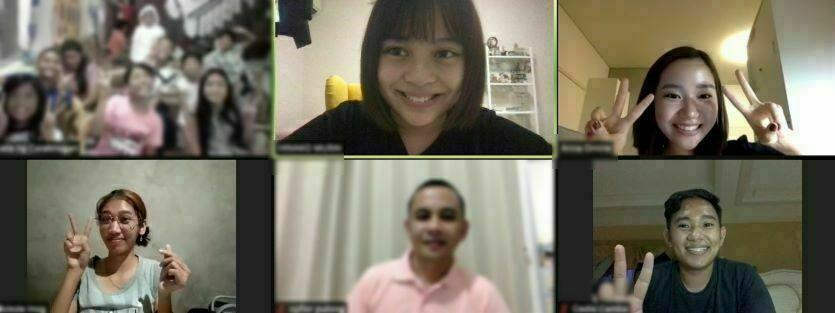
Amity Foundation, China
This was my first time participating in an online SL program, and although I was in a groping state, I was able to enjoy interacting with the people at my host institution and the university students in Nanjing even online. There were so many opportunities to use English, and compared to the beginning of the program, I feel that my ability to speak and communicate my thoughts has improved considerably. I think I was able to find my own answers on how to interact with people remotely and how to interact with different cultures.
The differences and similarities between Japan and China, especially the topics related to social welfare, were very interesting. Through the service activities, I learned that social welfare in China is steadily being promoted and the poverty rate is decreasing year by year, and I also learned the fact that it is difficult to spread welfare in China due to its large land area compared to Japan. I felt that it is important to consider the best solution and improvement plan in light of the country's situation and background, rather than thinking about other countries in terms of Japan.
I participated in the program with the abstract idea of "wanting to be useful and learn something outside of school," but as I reflected on what I had done and what had been done for me through the activities, I realized that relationships with other people played a large role. That's why I now want to think about what I can do in a wider field by proactively getting involved and cooperating with various people.
Ho Technical University, Ghana
The program in Ghana started this year, and I think it was a valuable experience for all of us, the hosts, ICU students, and HTU students, to explore and try to make the program better and leave something behind. Through various discussions, we learned about the differences between the lifestyles of the Ghanaian people, especially the people of Keta, where we were involved, and those of Japan, and also experienced conflicting opinions among ICU students, which taught us a lot about how to proceed with group work.
What impressed me during the activities was that the Ghanaian junior high school students, environmental groups, and people working in the parliament were very motivated to solve the problems of their communities, and they immediately asked many critical questions, thinking based on their knowledge and familiar events. I could feel their strong awareness of the current situation and their desire to improve it, as well as their desire to absorb as much as possible from us students from Japan. I strongly felt that we Japanese students need to study and interact with society with the awareness that we may be a party to social issues and that we can change society.


